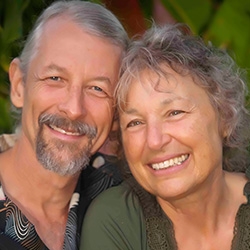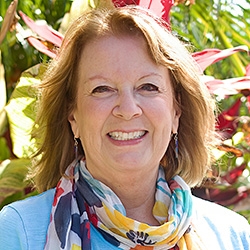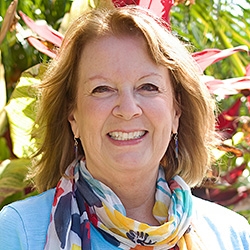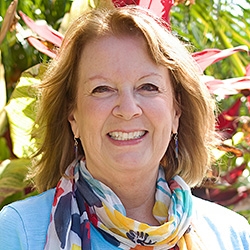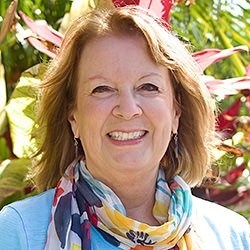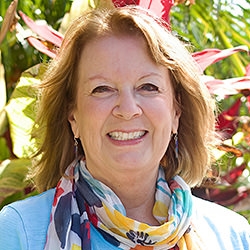

Search Results: differences
-
-
- Hear first-hand how Ukrainian trainers are supporting their communities
- Discover practical ways the worldwide NVC community may support the Ukrainian people
- Listen as the trainers discuss the difference between NVC philosophy and NVC reality in crisis situations
- Begin to consider how we can mobilize the global NVC community “capital” when there is crisis
-
In this practice group class, certified CNVC trainers Jim and Jori Manske are facilitating the exploration of the topic of Mourning using the three modes of NVC: self-empathy, honesty and empathic presence. You'll learn how to accept a loss, let yourself feel the sadness and all the emotions, and allow yourself to grieve.
-
Sylvia Haskvitz offers a practical and effective approach to making requests. Learn the two questions that can clarify your motivation for making a request, three ways to discern a request from a demand, and five possible reasons for meeting requests.
-
-
-
Sylvia Haskvitz shares NVC basics to help you improve understanding and connection.
-
Miki Kashtan helps you move past fear and build skill in making clear, confident requests.
-
Exploring how to share NVC in a school environment where others may not yet understand its value.
-
This explores four types of feedback: destructive, constructive, by demonstration, and dialogue.
-
Using his own life experience, Eric explores why we need support from others, what support might look like, and what blocks us from asking for support for our relationships.
-
Listen to this audio to learn the value of focusing on needs in an NVC model, either for the first time or as a refresher course. Living from a needs-consciousness creates abundance, clarity and choice. Using three examples from participants, Mary guides the group towards identifying and then connecting with the needs of both parties involved in each situation. It becomes clear very quickly that people choose different ways to support their needs; and many times they have the same needs in a given situation. When we understand this, we are able to create peace in our relationships and negotiations.
“Everything someone does or says is an attempt to meet a need,” says CNVC Certified Trainer Mary Mackenzie. This simple statement is a foundational understanding in Nonviolent Communication; once you gain skills at living in a “needs-consciousness” you will literally change your life and your perception of the world, and improve all of your relationships.
-
Ask the Trainer: "In trainings I say our jackals are thoughts and now I've come to wonder if all thoughts are jackals...?"
-
Learn how your inner relationship forms the basis for Focusing and NVC.
-
From the depths of internal winter to the melting open in the warm sunshine of spring to rest in the ocean of Spirit, this poetry is a journey of discovering deep Presence through the human experiences so many of us share.
-
Join CNVC Certified Trainer Arnina Kashtan as explores interdependence, autonomy, valuing self and others, and power-sharing in your relationships. Free yourself to honor your longing for community, belonging, and love.
-
Trainer Tip: Mary offers 3 foundational tips for making requests: positivity, specificity and doability.
-
Trainer Tip: Take a moment to consider feelings, our conditioning about expressing or even feeling emotion, and the value of re-evaluating our relationship to feelings.
-
I greatly enjoyed my New Year’s Peace Meditation yesterday as it brings together NVC enthusiasts from across the world. It is one of my favorite traditions for welcoming the New Year!
-
October always makes me think about Marshall Rosenberg, the founder of Nonviolent Communication. He was born October 6, 1934. If he were still alive today (he died February 7, 2015), he would be 89 years old!

Quick Links
Subscription Preferences
Stay In Touch!
Looking for ways to keep up with NVC Academy news, get special offers, free resources, or words of inspiration? Here are five ways to stay engaged:







